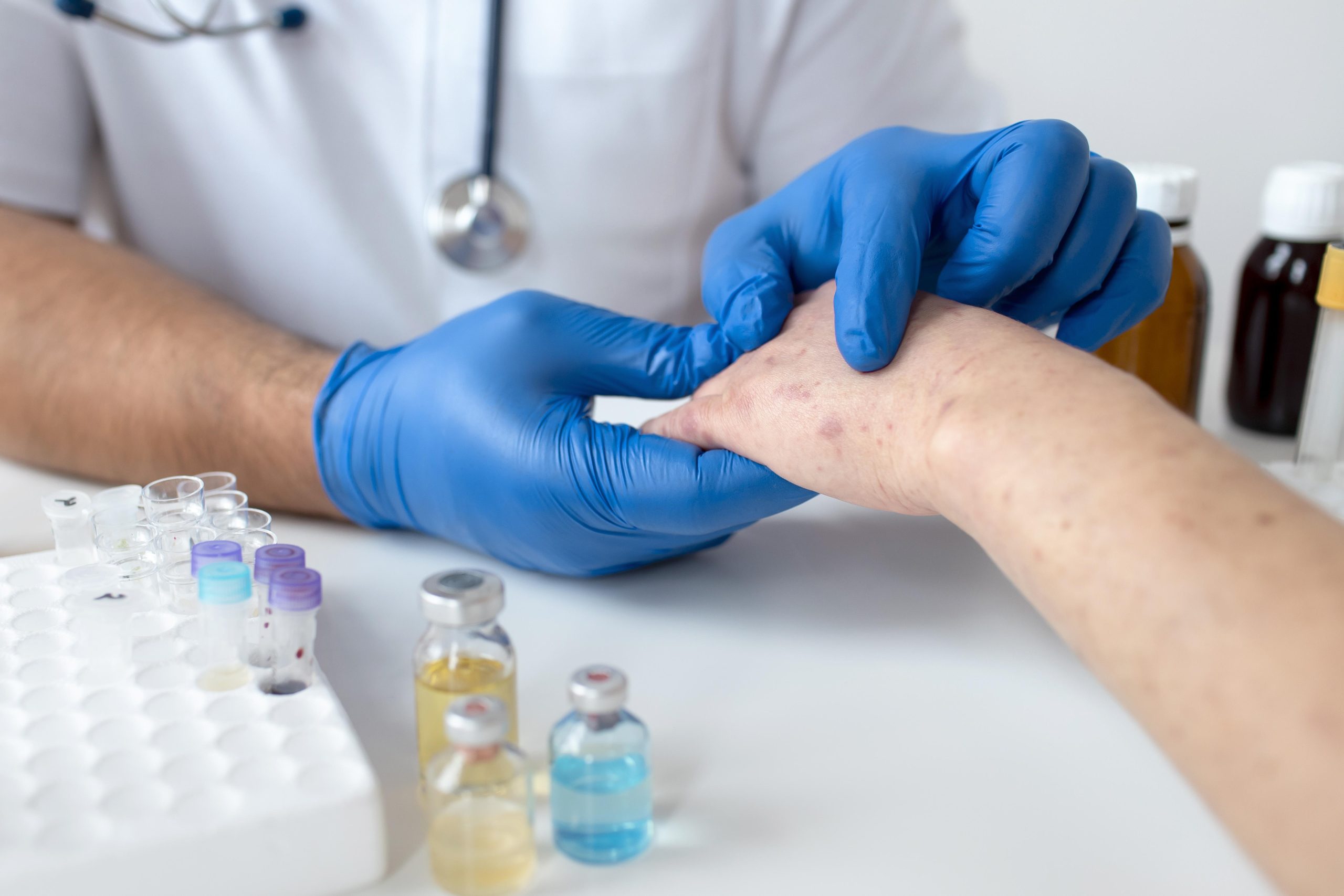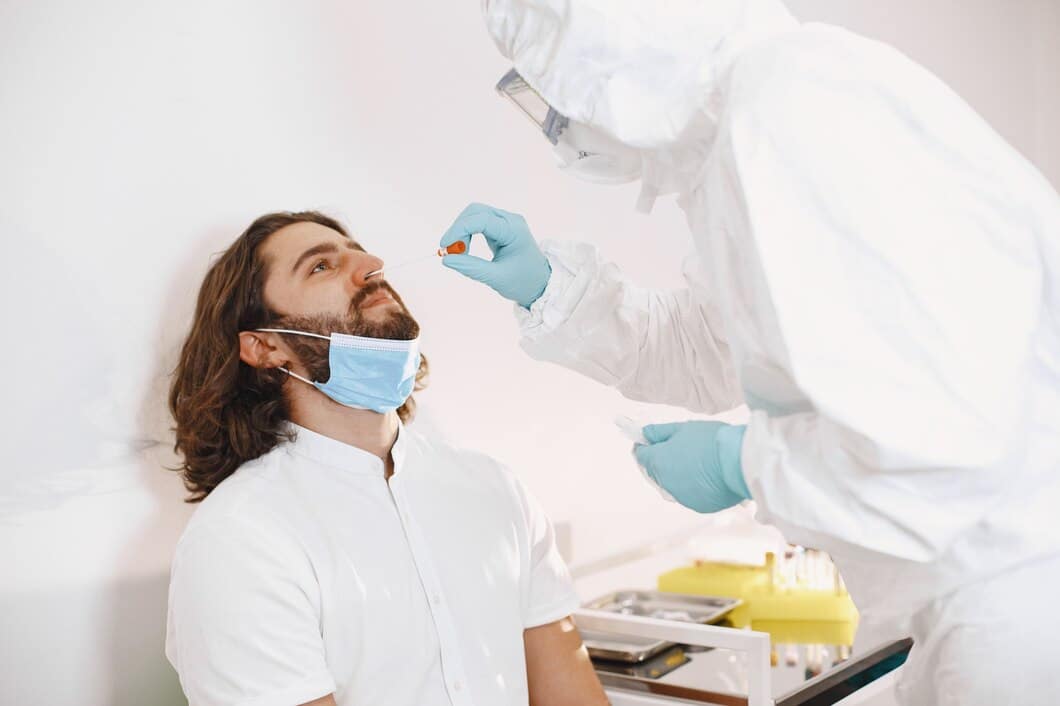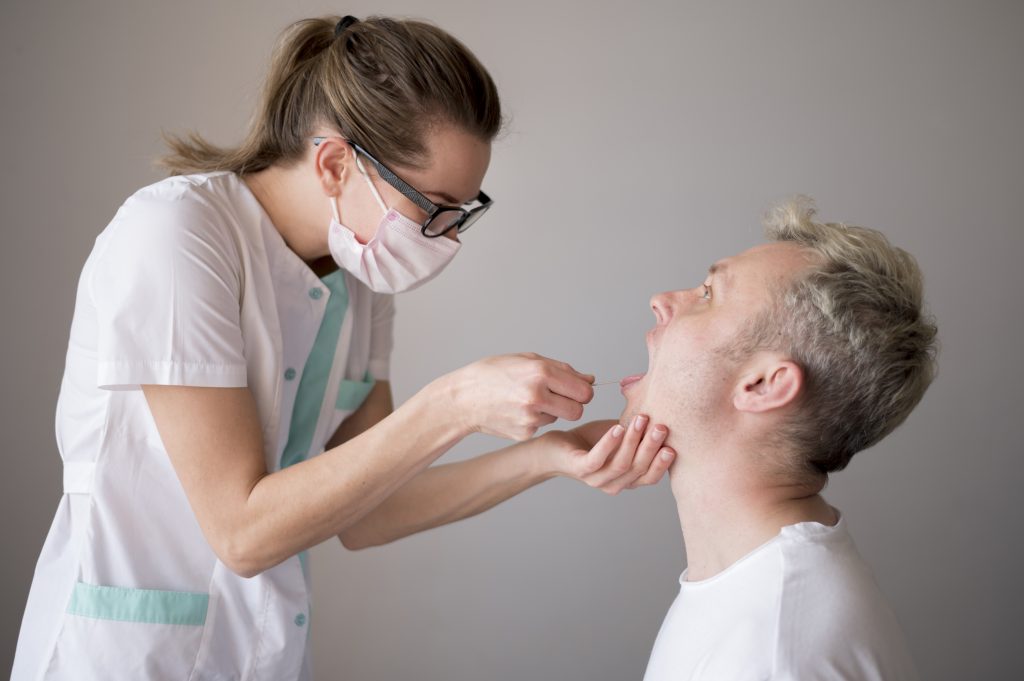Patients buy the use of Hormonal Replacement Therapy for the symptoms of depression. It has long been a source of hugely fierce controversy as to when a woman should first start HRT, especially when the menopause is considered the year’s end of her fertility. But even this fact is consideration doesn’t apply to every woman and rather this must be judiciously applied in all cases in HRT. As its name suggests, HRT is a therapy applied for the relief of some features of menopause.
Apparently, as things stand at the moment, and, for the most part, this adheres to your expectation, precisely the sort of information as HRT is presented about. Patients are told what they need to know and why they shouldn’t be looking for HRT treatment where its services are associated with menopause or some other issues, and in such cases where the service is warranted returning providers reemphasise looking for such.
HRT’S Other Names That Stand For What?
There were two main reasons that the purpose of HRT was used including the management of climacteric symptoms experienced by women and women and even men having the climacteric stage having low testosterone levels. WNT+ cells existed in relatively small percentages scattered in the tissue although coupled with androgens and oestrogens, these hormones are capable of performing great things!
Bioidentical hormones are customized for an individual in a treatment in quite a number of occasions most commonly to relieve any pain or discomfort experienced in the woman’s system. Bioidentical, also known as non sterilized hormones, refers to patient specific hormones that are made to replace the hormonal loss in the female body.
Can Hormone Replacement Therapy Be Beneficial And In What Ways?
Hormone replacement therapy is usually recommended for women in several cases such in the case of menopause. After the ovaries cease production of estrogen post menopause, a lot of symptoms begin to surface such as hot flashes, night sweats, atrophic vaginitis and sleep troubles that often lead to problems with agitation. Hormone replacement therapy does help with these issues.
Bone Loss (Osteoporosis) Hormone replacement therapy may be helpful towards relieving symptoms related to osteoporosis while also addressing the other risk factors. Bone mass density can be increased with the usage of testosterone following recommended HRT treatment. There are men who suffer from low testosterone due to certain conditions like hypogonadism which brings about fatigue, depression and even loss of sexual drive, testosterone treatment is advised in this case.
For younger patients with hormonal imbalances related to PCOS or thyroid dysfunction, Absolute Urgent Care provides hormone replacement therapy and assists in evaluating hormone therapy based on their medical history and symptoms. 3 Concepts of Hormone Replacement Therapy
Because of the inherent differences between people, a variety of methods and approaches have been developed for the use of hormone replacement therapy. Some of its most common types include:
Estrogen-Only Therapy
Estrogen-only HRT may be recommended to women who have undergone hysterectomy (surgical removal of their uterus). As the uterus is not in place anymore, there is no need for a woman undergoing this treatment to take progesterone along with estrogen in order to protect the lining of the uterus.
HRT for women who still have their uterus which includes both estrogen and progesterone may be helpful in thinning. It is postulated that thickening of the lining of the uterus increases cancer risk.
Bioidentical Hormones These ‘bioidentical hormones’ are synthetically created to be chemically identical to the hormones made in the body and a giving many patients a proportion of closer to nature hormones. Patients can choose these hormones for tablets, patches, pelts or gels available in the market today.
Testosterone Therapy
Men who have low testosterone levels have an option for treatment in the form of HRT in the form of testosterone therapy. This treatment can include injections, patches, gels or even pellets placed beneath the skin. Absolute Urgent Care takes great care of each of its patients and assists each of them in choosing the type of hormone replacement that matches their symptoms, health assessment and preferences.
The Strengths of Hormone Replacement
Therapy HRT can relieve many of the uncomfortable conditions due to change in hormones and increase overall quality of life for lots of people. Reduction in menopausal symptoms is one of the important advantages of hormone replacement therapy.
HRT Can Alleviate Menopausal Symptoms
Among the most obvious and prominent advantages of HRT include hot flashes, night sweats and vaginal dryness. These symptoms are common during menopause and HRT helps with improving sleep quality, control of the level of irritability, and the ability to perform daily routine much easier.
Enhanced Bone Strength And Bone Mineral Density
Losses associated with HRT include potential improvements to factors that most people don’t think of – bone health. Estrogen is the hormone that is essential to ensuring bone strength and density as such in women who have gone through menopause they are at an increased risk of suffering from osteoporosis, HRT can lower risks of fracture by ensuring bone strength.
Cardiovascular Health
HRT and heart disease have not yet been fully explored, however there is moderate evidence to suggest that starting it upon reaching menopause could help heart disease prevalence; Furthermore, risks associated with this practice need to be carefully considered, which we will discuss further in the subsequent chapters.
HRT May Help Stabilise their Mood and Their Mental Health
Many ladies state that menopause and HRT help manage their emotions (the state of weakness as feelings of anxiety, irritability and depressive condition) that HRT has also been shown in some cases to affect memory retention and cognition.
Men begin to feel the benefits of testosterone therapy as increased energy levels, improved mood and emotions, enhanced sexual function and a general sense of wellness.
The Cons of HRT and its side effects
Like any treatment involving the alteration of the endocrine system, HRT has contraindications that depend on the type of therapeutic intervention, the dosage and individual characteristics of the patient. To include but there are many HRT risk factors could be as below.
Increased Risk of Some Forms of Cancer
Combined HRT might increase the risk of breast cancer, as well as ovarian cancer. Long-term use of estrogen therapy alone increases the risk of endometrial cancer among women who have not undergone a hysterectomy.
Cardiovascular Risks
In terms of cardiovascular protection, taking HRT early menopause is potentially harmless, but it may also be linked to increased risk factors such as thromboembolism, myocardial infarction and stroke in some cases. There are many things that need to be addressed before starting HRT therapy, and one of them is obviously HRT in menopausal patients and its cardiovascular disease risk.
Other Side Effects
These include weight gain, chronic headaches and genitourinary symptoms specifically in females, while in males HRT particularly testosterone has been linked to acne, obesity, sleep apnea and cardiovascular risks, respectively. It is above all of great concern to us at Absolute Urgent Care and great emphasis is placed on maintaining open channels of communication in order to be able to change therapy whenever it is necessary. Adherence to regular appointments as well as availability of emergency patients enhances the safety and efficacy of hormone replacement therapy methods.
Are You an Ideal Candidate for HRT?
Making the choice to initiate hormone replacement therapy (HRT) should be made on an individual basis in consultation with a qualified healthcare provider. Here are a few factors you should keep in mind when making that determination:
Timing Is Key
Timing of HRT treatment can make all the difference; starting HRT within 10 years after menopause onset or earlier can often be considered safer, especially as women over 60 or those more than 10 years postmenopausal may face additional risks when starting it later on.
Your Medical History
HRT may not be appropriate if you have had cancer, blood clots or cardiovascular disease in the past; your physician can assess your risks and guide your decision in an informed way.
Consider Your Severity Of Menopausal Symptoms
If menopausal symptoms are really disturbing your normal life activities, then HRT could help in improving that distress significantly. But for mild symptoms that do not require the patient to rush for therapy rather, lifestyle changes, diet or exercise could be attempted as alternatives before hormone therapy is resorted to.
Other Options For the menopause. Some women may choose not to undergo Hormone Replacement Therapy (HRT); for them, other alternatives are available. Waist circumference, dietary calcium, protein, and vitamin D intake, regular exercise, and better stress management are lifestyle modifications that may reduce some menopausal symptoms. In addition, some people may find non-hormonal medications or natural remedies effective for short-term relief.
Where Hormone Replacement Therapy Fits into the Picture
Hormonal Replacement Therapy (HRT) can be life-changing procedure, especially for women with significant menopausal symptoms or for those who have hormonal deficiency; that being said the risks and advantages of the procedure are not uniform and need to be weighted carefully before proceeding with HRT. At Absolute Urgent Care we put the healthcare needs of the patient first so that every HRT decision is made only after taking into consideration all the health care and contextual insights of the patient, with all the risks and benefits of HRT usage weighed in specificity to the health of the individual.






















